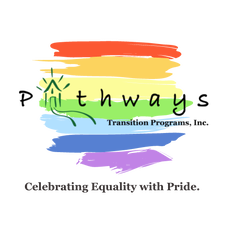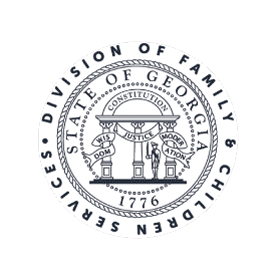 We wouldn't be able to serve the community as we do, without internal staff professional development, clinical training, workshops, and so much more. We have an amazing in-service offering to our clinical staff, that includes facilitating an Eye Movement Desensitization and Reprocessing (EMDR) Group - Traumatic Episode Protocol (G-TEP) (EMDR G-TEP). Recently, Brianna Sterling, LCSW, Deborah Grigsby, LCSW, Leigh Gobbel, LCSW, & Katie Salvatierra, LPC, CPCS, NCC hosted an Eye Movement Desensitization & Reprocessing (EMDR) Group Traumatic Episode Protocol (G-TEP) In-service. This in-service helped clinicians learn more about EMDR/Adjunctive EMDR, taught the benefits of bilateral stimulation (BLS), and allowed clinicians the opportunity to experience EMDR G-TEP by applying it to their shared experience of surviving COVID-19. Eye movement desensitization & reprocessing (EMDR) is psychotherapy originally developed for the treatment of post-traumatic stress disorder (PTSD). EMDR has been shown to effectively treat a wide range of symptoms ranging from depression and anxiety to chronic illness and addiction. EMDR utilizes a variety of visual, tactile, and/or auditory BLS that activates the left & right brain hemispheres during sessions. This BLS mimics the natural, healing properties of deep REM sleep. By strategically incorporating BLS in session, therapists can guide clients in calming their nervous system which allows their brain/body to easily access distressing material, reprocess, create new associations, and integrate new experiences. A client can work solely with a trained EMDR therapist, or they can incorporate Adjunctive EMDR. Adjunctive EMDR allows clients to continue with their ongoing therapist while they add specialized EMDR service by a trained EMDR therapist to their treatment. Adjunctive EMDR can utilize a variety of EMDR protocols. Some of these protocols are referred to as EMDR Early Interventions (EIs), one of which is GTEP. EMDR EIs are EMDR-based procedures that were developed to treat individuals & groups after a recent traumatic event. EIs are intended to build resilience by addressing memories of recent events in a way that assists with preventing them from being maladaptively stored into the brain’s neural network. This acts as a preventative measure to assist with minimizing the development of trauma symptoms (such as negative moods/cognitions of oneself/the world, arousal, avoidance, re-experiencing, and functional impairment). EIs are usually provided as short-term treatments and can be administered in a group or individual setting. G-TEP is considered one of the commonly used & most researched EMDR EIs. Unlike other EMDR protocols that focus on individual treatment, GTEP was originally developed to address large groups affected by sudden traumas. It can be used with adults, adolescents & older children who have undergone recent traumatic experiences or life-changing events (i.e. terminal illness, abuse/assault, natural disaster, completed suicide, addiction, traumatic grief, COVID-19, etc.). This protocol is great for couples, families, groups, agency professionals, classrooms, etc. G-TEP usually takes 2.5 hours per group and requires more than one 1 co-facilitator depending on the group size. Exploring GTEP within the agency allowed our staff the opportunity to address the stress of COVID-19 together and hold space for the potential trauma surrounding this global pandemic.
2 Comments
|
Author
|
Pathways Transition Programs, Inc. 120 E Trinity Place, Decatur, Georgia 30030 404.378.2300 © 1991 — 2022 All rights reserved.

 RSS Feed
RSS Feed








